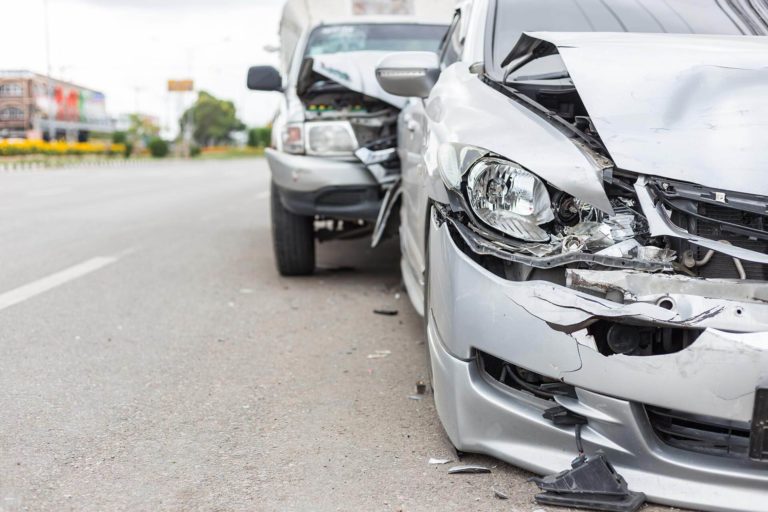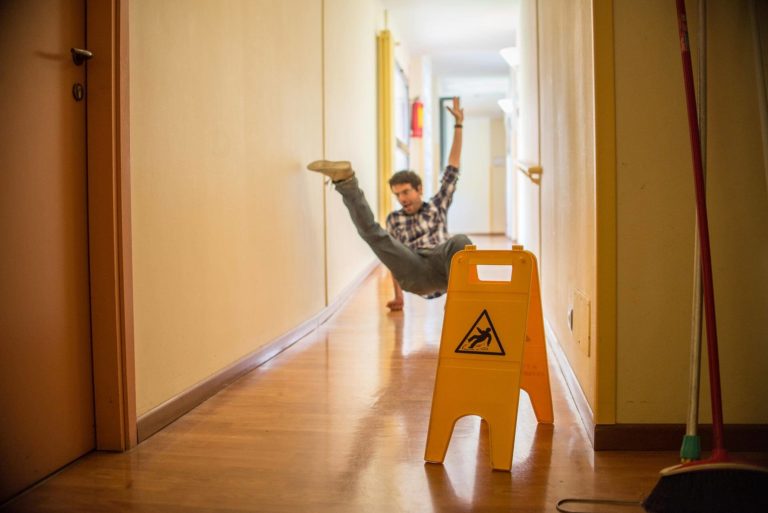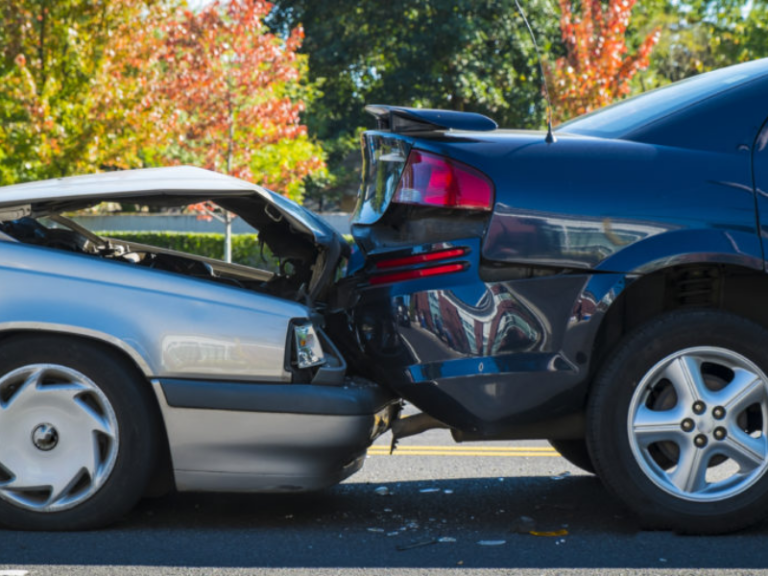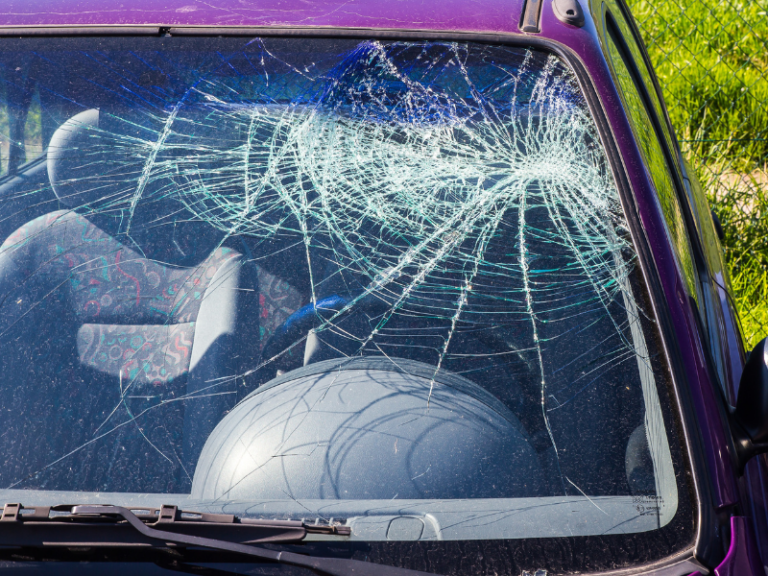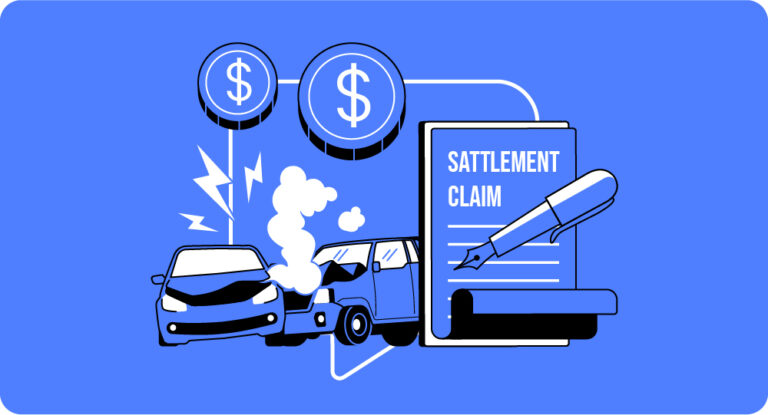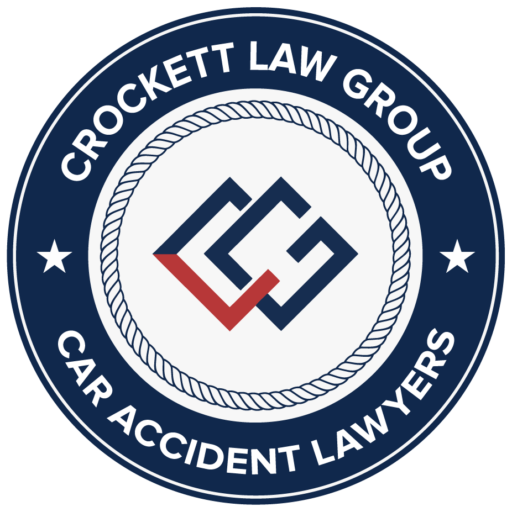- Personal Injury
Reading Time: 6 minutes
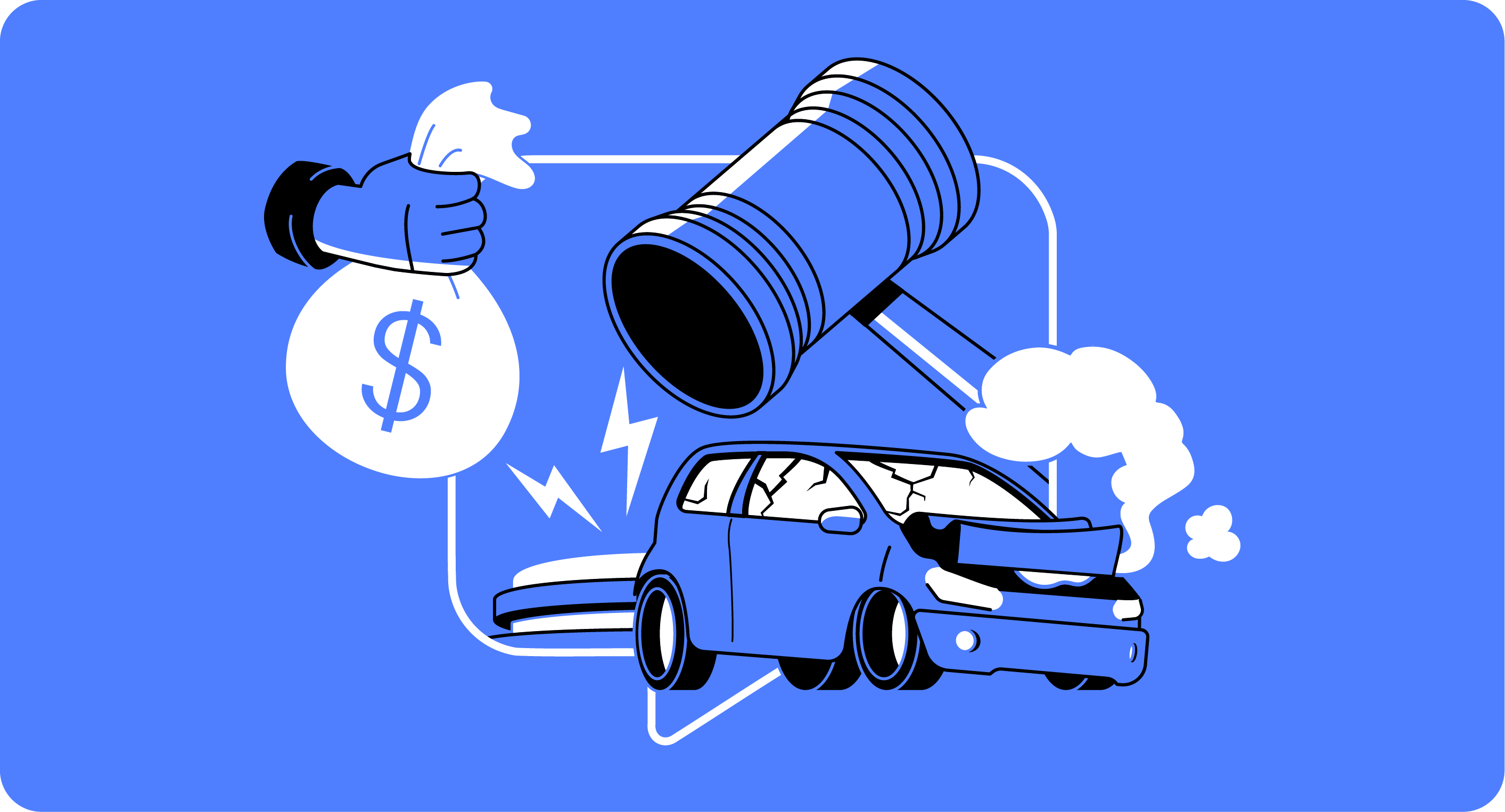 If you’re facing a lawsuit following a car accident, it’s natural to wonder whether the case will end in a settlement. The straightforward answer is that it’s quite likely. Statistically, about 95% of personal injury and car accident cases reach a settlement before they ever see the inside of a courtroom. But what does that mean for you, and what can the injured party claim from the at-fault party?
At Text Kevin Accident Attorneys, we focus on car accident cases in California. Let’s discuss what the injured party can expect, settlement vs. court judgment, and other related topics.
If you need advice or have questions, contact us anytime (800) 900-9393. Our team is ready to help you through this process.
If you’re facing a lawsuit following a car accident, it’s natural to wonder whether the case will end in a settlement. The straightforward answer is that it’s quite likely. Statistically, about 95% of personal injury and car accident cases reach a settlement before they ever see the inside of a courtroom. But what does that mean for you, and what can the injured party claim from the at-fault party?
At Text Kevin Accident Attorneys, we focus on car accident cases in California. Let’s discuss what the injured party can expect, settlement vs. court judgment, and other related topics.
If you need advice or have questions, contact us anytime (800) 900-9393. Our team is ready to help you through this process.
Table of Contents
What Does it Mean to Be in a Car Accident Lawsuit?
Receiving a lawsuit post-car accident means facing a legal process. The plaintiff, suing you, seeks compensation for injuries and losses. The plaintiff, often with a personal injury attorney, tries to prove your responsibility for the accident and the harm they endured. Their legal team gathers evidence to support their claim. This evidence links the incident to the damages claimed. It includes medical costs, lost earnings, pain, and related losses. If the case goes to trial, the plaintiff’s attorney presents evidence. They aim for a judgment favoring their client. This judgment results in a financial award to cover losses.What to Expect If You Lose a Car Accident Lawsuit
If someone sues you for a car accident, they believe you caused the accident. If you agree that the accident was your fault, it might be a good idea to settle the matter outside of court. Settling means you and the other driver come to an agreement on how much money will make up for the accident, and you don’t have to go to trial. But, if you think you weren’t at fault and want to clear your name, you might choose to take the case to court. You want to show that you shouldn’t be blamed for the accident. No matter what route you take, if the court decides you are responsible for the accident, you’ll have to pay for any harm or injuries the other person got because of the crash. This is where having liability insurance helps. Liability insurance is a type of insurance that pays for other people’s injuries or damages if you cause an accident. So, if you lose the case, your insurance company will pay the money to the person who sued you, not you directly. But there’s a catch. If the cost of the accident is more than what your insurance covers, you might still have to deal with some consequences. Your insurance might cover a lot, but if the damages are really high, they might not pay for everything. Also, if your insurance does have to pay out a lot, your monthly payment to the insurance company might go up. This is because now the insurance company sees you as more of a risk.What’s the Difference Between Settling and Going to Trial in a Car Accident Case?
If you’re involved in a car accident lawsuit, you might wonder what the difference is between settling the case outside of court and having it go to trial. Here’s a simpler explanation to help you understand these two outcomes.What Does It Mean to Settle a Case?
Settling a case means you and the other person involved in the car accident (along with your insurance companies) agree on an amount of money that one party will pay to the other without going to trial. This usually happens when both sides agree on who was at fault and how much the damages (like medical bills or car repairs) should cost. Settling is often faster and less stressful than going to court, and it lets everyone involved have more control over the outcome.What Happens When a Case Goes to Trial?
Going to trial means that you couldn’t agree on a settlement, so a judge or jury will decide who was at fault in the accident and how much money should be paid. At the trial, both sides will present their evidence, including witness statements, police reports, and medical records. Then, after hearing everything, the judge or jury decides the outcome. Trials can be long and uncertain, and once the judge makes a decision, you can’t negotiate for a different amount.Why Settling Your Car Accident Case Can Be the Best Choice
When you’re involved in a car accident lawsuit, deciding whether to settle or go to trial is a big decision. Here’s why settling might be the best option for everyone involved:Settling is Faster
One of the biggest advantages of settling is how much quicker it can be. Going to trial means waiting for a court date, presenting the case, and then waiting some more for a decision. This can take a long time. But if you settle, you can often resolve the matter much sooner. This means the person who was hurt (the plaintiff) can get their money faster, which is especially important if they have bills to pay, like medical costs, or if they need to fix their car.Less Stressful
Trials can be stressful. There’s a lot of uncertainty because you can’t predict what the judge or jury will decide. Settling out of court avoids this worry. When you settle, you know exactly what the outcome will be because you’ve agreed on it with the other person. This can be a big relief and make the process less stressful for everyone.More Control Over the Outcome
The final decision is out of your hands when you go to trial. It’s up to the judge or jury to decide who’s right and how much money should be paid. But with a settlement, you have a say in the outcome. Both sides work together to agree on a fair amount, which means you have more control over the final result.Saves Money
Going to trial isn’t cheap. There are lawyer fees, court costs, and lots of other expenses that can add up quickly. And the longer the trial goes on, the more it costs. Settling early can save a lot of money because it avoids many of these costs.Note
When you settle, you avoid the risk of spending all that money and then not winning the case.
Reduces Risk for Everyone
Trials are unpredictable. Even if you think you have a strong case, there’s always a chance you could lose. Settling reduces this risk. The person suing (the plaintiff) avoids the risk of getting nothing, and the person being sued (the defendant) avoids the risk of having to pay more than they expected.Tip
Settling guarantees an outcome that both sides can live with.
Helps Everyone Move On
Finally, settling allows everyone to move on from the accident more quickly. The person who was hurt can focus on getting better, and the person being sued can put the matter behind them. Insurance companies also prefer to settle so they can close the case and move on. This closure is beneficial for everyone involved.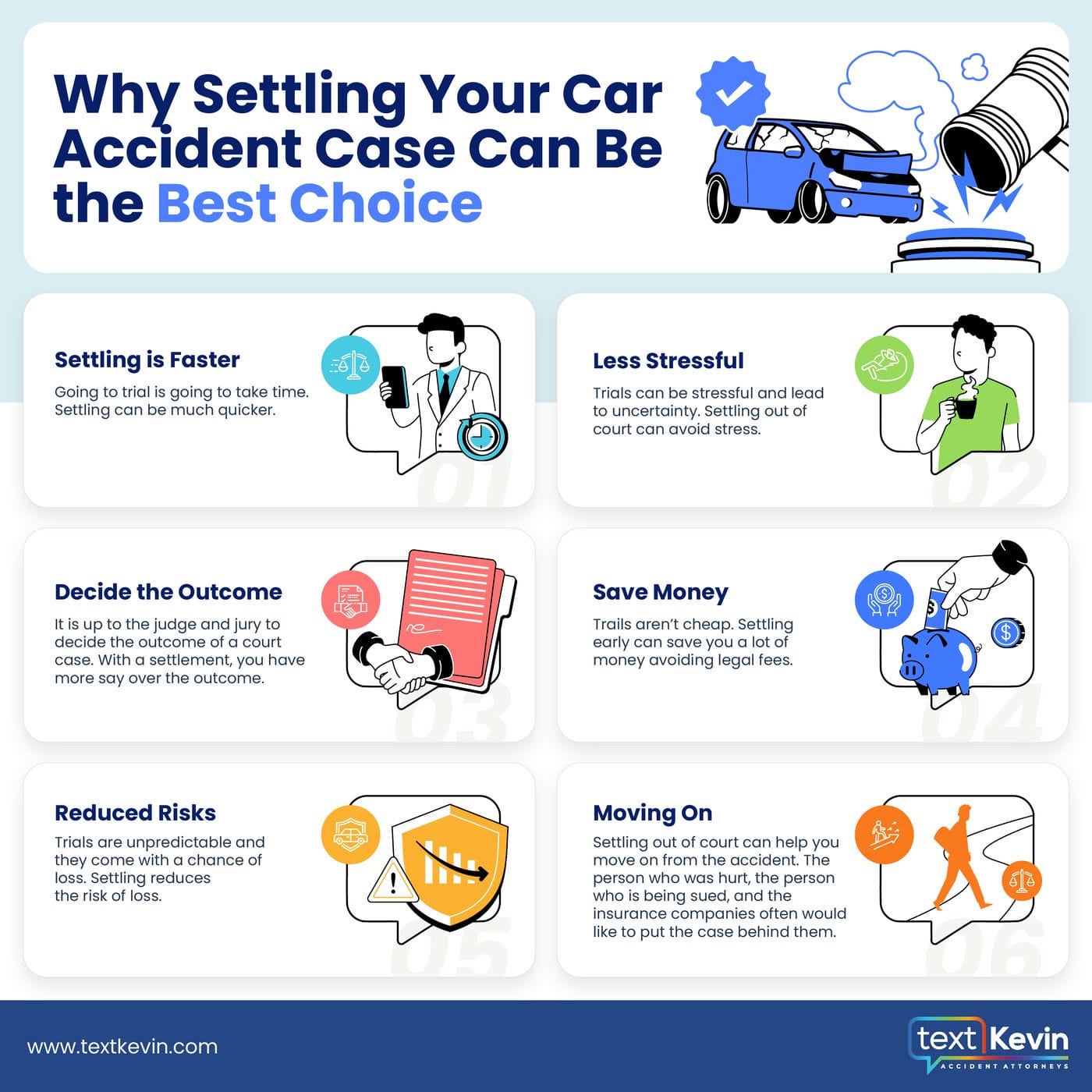
How Quickly Can You Expect to Settle a Car Accident Lawsuit?
When someone is involved in a car accident lawsuit, usually, they want to settle things and get their money quickly. This is because they might have a lot of expenses like doctor’s bills, fixing their car, lawyer’s fees, and money they missed out on by not being able to work. The longer it takes to settle the lawsuit, the more money they might owe or the longer they have to wait to fix their car or pay off bills. Settling a case is often seen as the best choice because once the insurance company decides on an amount to pay, they usually give you the money pretty fast. If the case goes to court and you win, getting the money isn’t always guaranteed right away. This is because if the court decides the person at fault has to pay more money than their insurance covers, that person has to pay the extra money themselves. But, there’s no promise that the person can afford to pay this extra money out of their pocket. So, settling the lawsuit is often the fastest way to get paid.Pro Tip
Remember, getting to a settlement can take different amounts of time depending on how complicated the accident was, how clear it is who was at fault, and how quickly everyone can agree on a fair amount.
Moving Forward After a Legal Setback
In the event of an unfavorable lawsuit outcome, where you might face financial losses, here are some steps to help you recover:- Engage with Creditors: Proactively contact your creditors to discuss alternative payment arrangements.
- Budget Wisely: Draft a stringent budget plan and explore additional income sources.
- Consider Legal Advice on Bankruptcy: If your financial situation becomes unmanageable, consult a bankruptcy lawyer.

Kevin Crockett
Kevin Crockett is an award-winning personal injury lawyer who understands the impact an accident can have on someone’s life. That’s why he aggressively fights for each of his clients.
